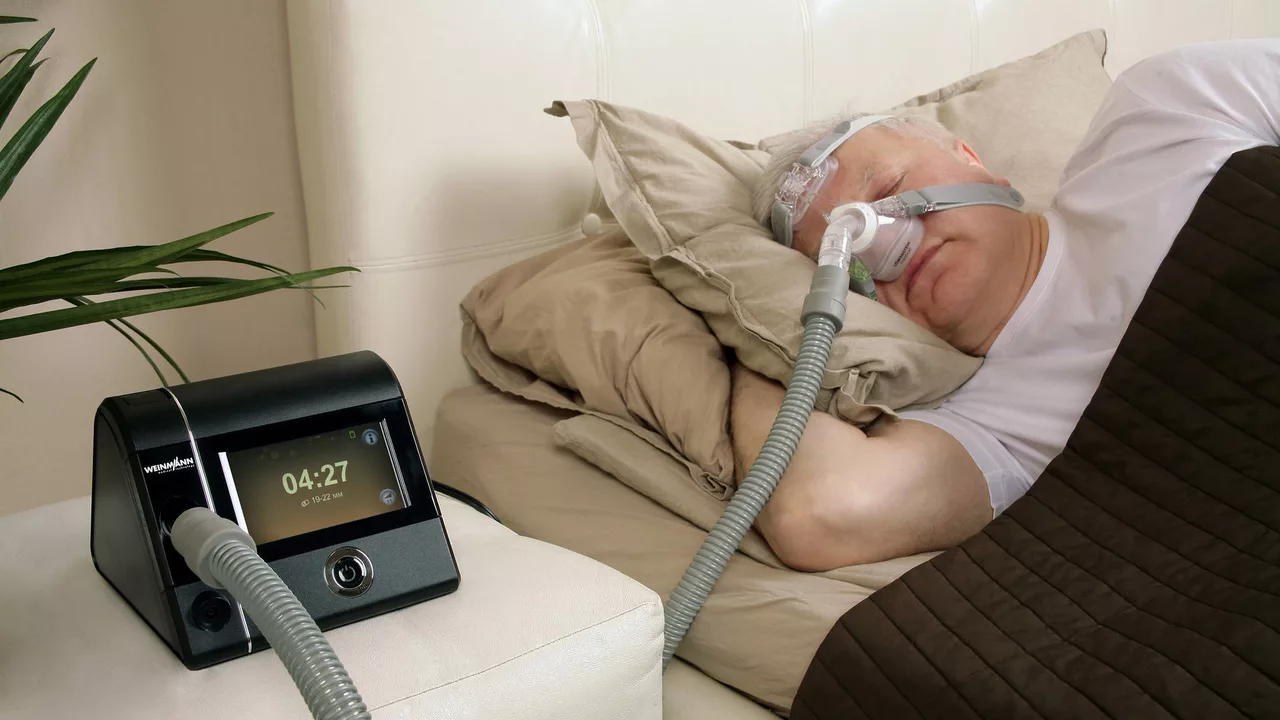Sleep Disorders: Types, Symptoms & Simple Ways to Sleep Better
If you feel exhausted even after a full night’s rest, chances are something is off with your sleep. You’re not alone—millions deal with a sleep disorder at some point. Below we break down the most common problems, what they feel like, and quick steps you can take right now to get more quality shut‑eye.
Common Sleep Disorder Symptoms
Insomnia shows up as difficulty falling asleep or staying asleep. You might lie awake for hours, toss and turn, and wake up feeling foggy. Sleep apnea is different: your breathing stops briefly while you’re asleep, causing loud snoring, choking sounds, and daytime fatigue.
Restless Legs Syndrome (RLS) creates an urge to move your legs, especially at night. The sensation feels like crawling or itching and can keep you from drifting off. Narcolepsy isn’t about snoring—it makes you fall asleep suddenly during the day, often after a short trigger.
Other signs include waking up feeling unrefreshed, needing caffeine to stay awake, or experiencing mood swings. If any of these sound familiar, it’s worth paying attention and maybe chatting with a doctor.
Tips to Improve Your Sleep
First, set a regular bedtime routine. Going to bed and waking up at the same time every day trains your body clock and makes falling asleep easier. Keep the bedroom cool, dark, and quiet—use blackout curtains or a white‑noise app if needed.
Avoid screens for an hour before sleep; the blue light tricks your brain into thinking it’s daytime. Instead, read a paperback or stretch gently. Limit caffeine after noon and keep evening meals light—heavy foods can disrupt digestion and make you restless.
If snoring or breathing pauses are common, try sleeping on your side and raising the head of the bed slightly. Sometimes a simple nasal strip helps keep airways open. For RLS, warm baths, leg massages, or low‑dose iron supplements (if recommended by a doctor) can calm the urge.
When stress is the culprit, practice quick relaxation techniques: deep breathing, progressive muscle relaxation, or a short meditation session right before bed. Even five minutes can lower tension enough to slip into sleep faster.
If you’ve tried these tricks for a couple of weeks and still feel exhausted, consider seeing a sleep specialist. They may suggest a home sleep test or prescribe treatments like CPAP for apnea or medication for RLS.
Remember, better sleep isn’t a luxury—it’s essential for your health, mood, and productivity. Small changes add up, so start with one habit today and watch the difference it makes tomorrow night.
The Connection Between Cyproheptadine and Sleep Disorders
In my recent deep dive into the world of sleep disorders, I stumbled upon an interesting connection with a drug called Cyproheptadine. It appears this antihistamine, often used for allergies, also has the ability to impact sleep disorders. Specifically, it's been used to treat conditions like insomnia and nightmares, due to its sedative properties. However, like all medications, it's not without its potential side effects and should only be used under medical supervision. So, if you're battling with sleep issues, this might be something worth discussing with your doctor.
learn more